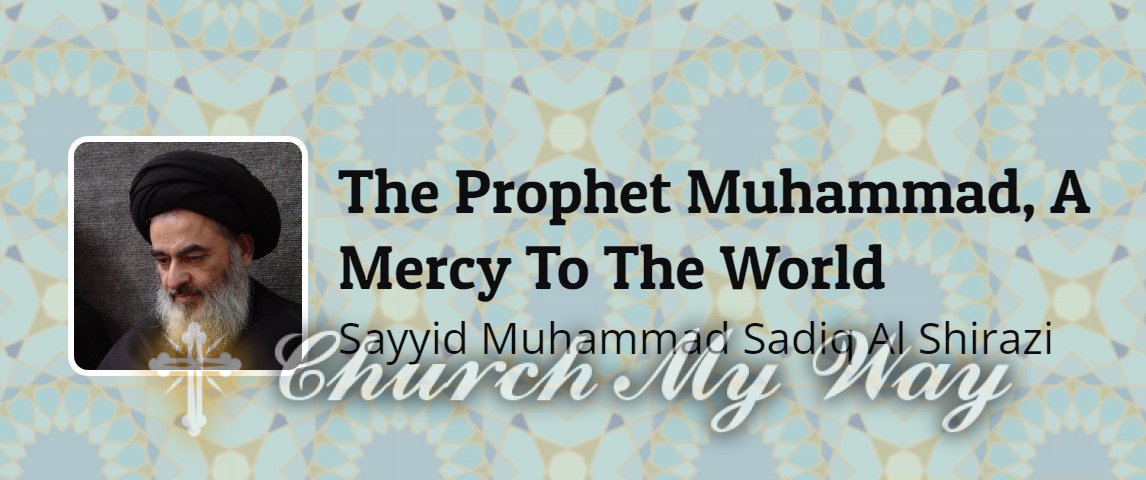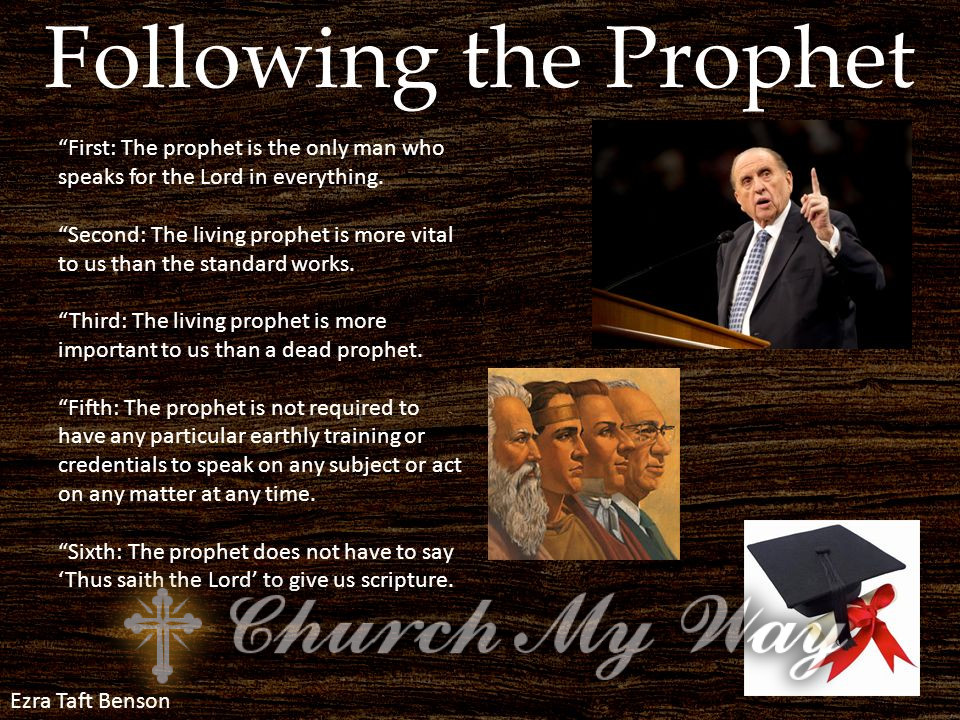Follow the Prophet: A View of the World and His Followers
Follow the Prophet: The prophet is a revered figure in many religions, serving as a messenger and guide for believers. In this article, we will explore the concept of following the prophet and how it affects a person’s view of the world and their relationships with others.
As Muslims, we are taught to follow the Prophet Muhammad, peace be upon him, in all that we do. But what does it mean to follow the Prophet, and how does his worldview shape the way we understand and live our faith? In this article, we will explore the role of the Prophet in Islam and how his teachings continue to guide and inspire Muslims today.
What is a Prophet?
A prophet is a person who is believed to be chosen by God or a higher power to receive and communicate divine messages. Prophets often serve as leaders or advisors for their communities, providing guidance and teachings based on their divinely-inspired messages. In many religions, the prophet is seen as a role model for believers. It is believed that by following their teachings and example, one can achieve spiritual growth and enlightenment.
The Prophet Muhammad is the final messenger of God in Islam, and his teachings are revealed to us through the Qur’an, the holy book of Islam. He was born in Mecca in the year 570 and received his first revelation from God at the age of 40. From that moment on, he dedicated his life to spreading the message of Islam and living according to its principles.
Why Follow the Prophet?
There are many reasons why people choose to follow the prophet in their religious tradition. Some may do so out of a sense of duty or obligation, feeling that it is their duty to obey the divinely-inspired teachings of the prophet. Others may follow the prophet out of a desire for spiritual growth or guidance, seeking the wisdom and guidance of the prophet to help them navigate the complexities of life.
Regardless of the specific reason, the act of following the prophet is seen as a way to connect with the divine and live a more meaningful and fulfilling life.
One of the central themes of the Prophet’s teachings is the belief in one God, known in Arabic as Allah. The Prophet taught that there is no deity worthy of worship except for Allah and that all other forms of prayer are misguided. This belief in the oneness of God is known as tawhid, and it forms the foundation of Islam.
In addition to his teachings about the oneness of God, the Prophet also emphasized the importance of justice, compassion, and charity. He taught that all people are equal in the eyes of God and that we should strive to treat others with kindness and respect, regardless of their background or beliefs.
The Prophet’s View of the World
The prophet’s view of the world is shaped by their divinely-inspired messages and teachings. In many cases, the prophet’s view of the world is one that emphasizes compassion, kindness, and love for others. For example, the prophet Muhammad, the founder of Islam, taught that all people are equal in the eyes of God and that it is the duty of believers to show compassion and kindness towards others, regardless of their background or beliefs.
Similarly, the prophet Jesus, the central figure of Christianity, taught that love and compassion should be at the heart of all relationships and that people should strive to love their neighbors as they love themselves. In this way, the prophet’s view of the world is one that emphasizes the importance of treating others with kindness and respect and working towards a more peaceful and harmonious world.
The Prophet’s worldview was also shaped by his commitment to social justice. He stood up for the rights of the poor and oppressed and worked to create a society that was fair and just for all its members. This emphasis on social justice can be seen in the Prophet’s teachings on issues such as wealth distribution, the treatment of women, and the importance of education.
The Prophet’s role as a leader and guide in Islam is central to how Muslims understand their faith. He is seen as a model for how we should live our lives, and his teachings are seen as a source of guidance and inspiration. This is why Muslims are encouraged to follow the Prophet in all they do and to strive to emulate his example in their daily lives.
The Prophet’s View of Followers
The prophet’s view of their followers is often one of love and concern. Many prophets view their followers as their spiritual children and seek to guide and nurture them toward spiritual growth and enlightenment.
For example, the prophet Muhammad is known for his deep love and concern for his followers, and he often went out of his way to help and support those in need. In many cases, the prophet saw his followers as a part of his own family, and he treated them with the same love and care that he would show to his own kin.
Similarly, the prophet Jesus is known for his compassion and love for all people, and he encouraged his followers to follow his example of love and service to others. In this way, the prophet’s view of their followers is one that emphasizes the importance of caring for and supporting one another, and working towards a more loving and compassionate world.
Muslims follow the Prophet through their daily prayers, in which they recite passages from the Qur’an and ask for guidance and protection from God. They also follow the Prophet’s teachings by performing good deeds, such as helping those in need and being kind to others.
The Importance of Following the Prophet
Following the prophet is seen as an essential aspect of spiritual growth and development in many religions. By following the prophet’s teachings and example, believers can learn valuable lessons about compassion, kindness, and love for others. In addition, following the prophet can also help to provide a sense of direction and purpose in life, as believers seek to align their actions with the divinely-inspired guidance of the prophet.
However, it is important to note that following the prophet does not mean blindly accepting everything he says. We must use our own judgment and intellect to understand the teachings of the Prophet and to discern right from wrong. We must strive to understand the Prophet’s teachings in their proper context and apply them to our own lives.
We must also be aware of any new developments in our society and culture, and be prepared to adapt our understanding of the Prophet’s teachings to accommodate them. In this way, we can ensure that we remain true to the teachings of the Prophet while also remaining engaged and relevant in our modern world.
The Prophet’s role as a leader and guide extends beyond his life as well. His teachings and example continue to shape the way that Muslims understand and practice their faith, and his influence is felt throughout the Muslim world. This is why Muslims are taught to always strive to learn more about the Prophet and his teachings and to follow his example in their own lives.
In conclusion, the Prophet Muhammad is a central figure in Islam, and his teachings and example continue to guide and inspire Muslims today. His commitment to justice, compassion, and the oneness of God has shaped the way that Muslims understand and live their faith, and his role as a leader and guide is essential to the way that Muslims understand their place in the world. By following the Prophet, Muslims strive to live their lives by the teachings of Islam and to create a world that is fair, just, and compassionate for all.
Reference: Wikipedia








